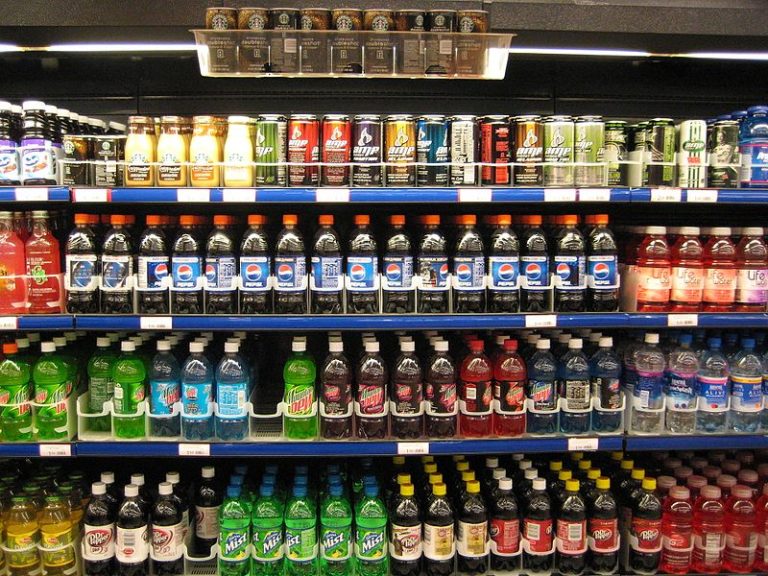Published on July 22, 2022

A new study concludes that Seattle’s soda tax isn’t disproportionately harming lower-income families — and is actually benefiting lower-income households as a group. University of Washington researchers analyzed sugary drink purchases across more than 1,100 households in Philadelphia, San Francisco and Seattle in the first year the cities enacted soda taxes. In all three cities, the amount of soda tax revenue sent back to lower-income communities exceeded the money those households paid because of the new tax, the study found.
Scholars from the University of Washington included Jessica Jones-Smith, Lina P. Walkinshaw, John Schoof, and James Krieger of the School of Public Health, Melissa Knox of the Department of Economics, and Deven Hamilton and Phil Hurvitz of the Center for Studies in Demography and Ecology.
Seattle Mayor Bruce Harrell said the UW study validates the city’s approach of dedicating soda tax revenues to programs that increase access to healthy food and child care. Seattle City Council member Lisa Herbold, who voted against the soda tax in 2017, said it remains concerning that lower-income people are paying a higher percentage of their income toward the tax.
Continue reading at Axios Seattle.
Originally written by Melissa Santos for Axios Seattle.